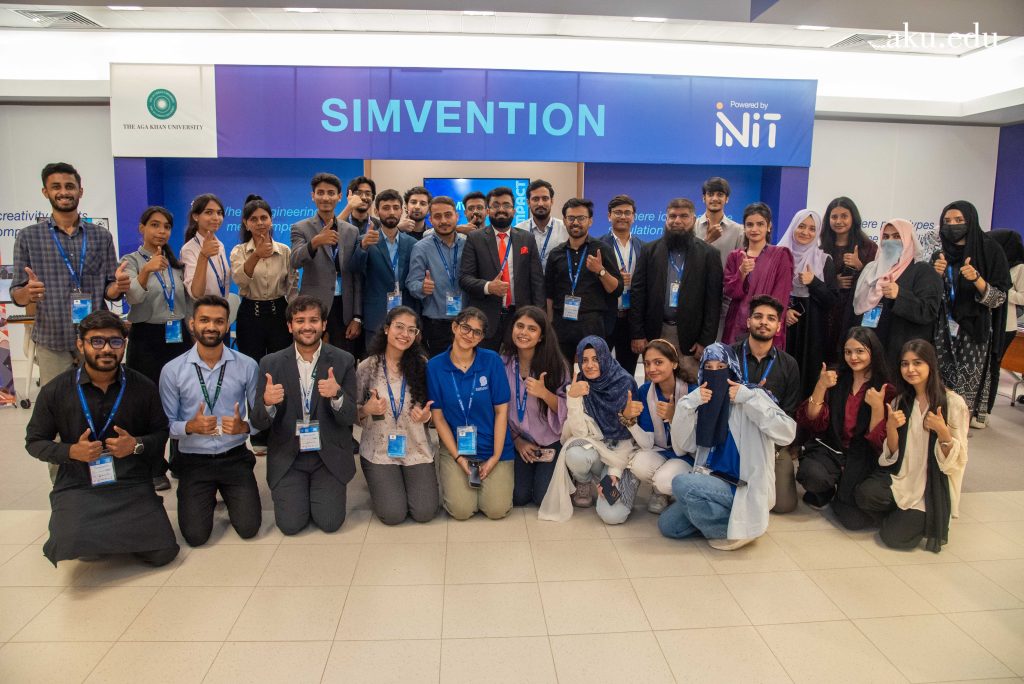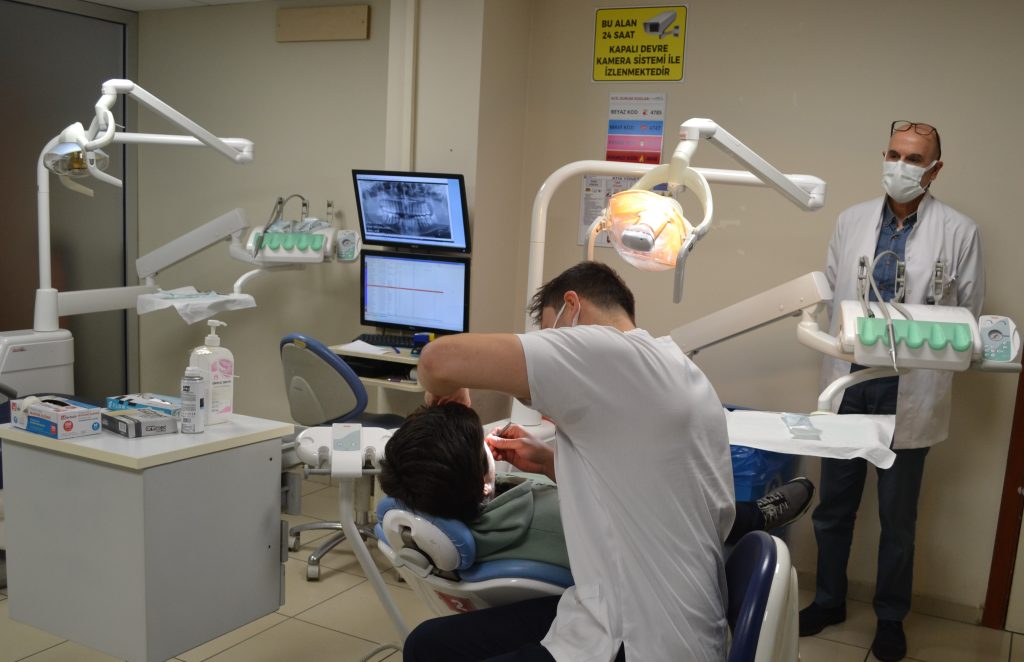An overview of the Healthcare Simulation Standards of Best Practice™ of the International Nursing Association for Clinical Simulation and Learning (INACSL)
In collaboration with

The Healthcare Simulation Standards of Best PracticeTM (HSSOBPTM, the “Standards”) advance the science of simulation, share best practices, and provide evidence-based guidelines to make simulation-based learning experiences consistent around the globe. Informed by interprofessional and international perspectives, “the Standards are a living document applicable to simulation in academic and practice settings and across manikin, Standardized Patient actor, and distance modalities.” The Standards have been translated into French, Korean, Japanese, Spanish, Chinese, and Polish, to name a few (https://www.inacsl.org/healthcare-simulation-standards-of-best-practice–in-multiple-languages). The HSSOBPTM underpins simulation professional development and endorsement programs offered worldwide by the International Nursing Association for Clinical Simulation and Learning (INACSL). The Standards are updated cyclically in consultation with healthcare librarians and in response to a needs assessment, environmental scan, and comprehensive literature review. An advisory panel, representing diverse, international simulation experts and healthcare organizations, provides evaluation and makes recommendations for enhancing the Standards.
The ten Healthcare Simulation Standards of Best PracticeTM are the cornerstone for great, evidence-based simulation implementation. Topics include writing outcomes and objectives, prebriefing, facilitation, debriefing, simulation design, operations, professional development, professional integrity, simulation-enhanced interprofessional education, and evaluating learning and performance. The Standards establish the level of quality and, more specifically, nuances of an interdisciplinary community of practice where simulation improves patient outcomes and transforms lives.
The Professional Integrity Standard is a logical place to start and aligns with the Healthcare Simulationist Code of Ethics (SSH, 2018). The Professional Integrity Standard helps simulation facilitators reflect on, build consensus about, and operationalize core values including transparency, mutual respect, professionalism, accountability, and quality improvement in order to create and maintain a safe simulation learning environment. The Professional Integrity Standard emphasizes the responsibility of the facilitator to lead a positive simulation culture by example.
The Facilitation Standard outlines a step-wise approach to guiding a scenario, starting with identifying the competencies required of facilitators. Facilitator skills include leveling cues provided and simulation lifesavers according to participants’ previous experience. Strategies used across prebriefing, scenario implementation and debriefing are noted within the Facilitation Standard.
The Prebriefing Standard helps facilitators consider preparation materials and briefing before a scenario starts, balancing participants’ cognitive load and increasing the effectiveness of their learning, debriefing, and reflection. Prebriefing can create a shared mental model before simulation and help participants anticipate obstacles and identify goals and safety concerns so participants can achieve learning outcomes successfully.
The Debriefing Standard guides educators by facilitating a conversation with participants about what happened in a scenario with the goal of improving the transfer of learning to actual patient care. The Debriefing Standard provides guidance on the differences between and when to use feedback, debriefing, and guided reflection.
INACSL’s Simulation Education Program (ISEP) brings just-in-time training to help novice and intermediate facilitators learn and apply evidence-based strategies from the Standards. ISEP is a comprehensive, online program delivered in a 6-month, self-paced format. ISEP is currently available in English only.
The Healthcare Simulation Standards of Best PracticeTM are available in PDF and infographic format as free downloads at https://www.inacsl.org/healthcare-simulation-standards.
| References: INACSL Standards Committee. (2021). Healthcare Simulation Standards of Best PracticeTM. Clinical Simulation in Nursing, https://doi.org/10.1016/j.ecns.2021.08.018. Society for Simulation in Healthcare (SSH) (2018). Healthcare Simulationist Code of Ethics. https://www.ssih.org/SSH-Resources/Code-of-Ethics |
READ ALSO















































